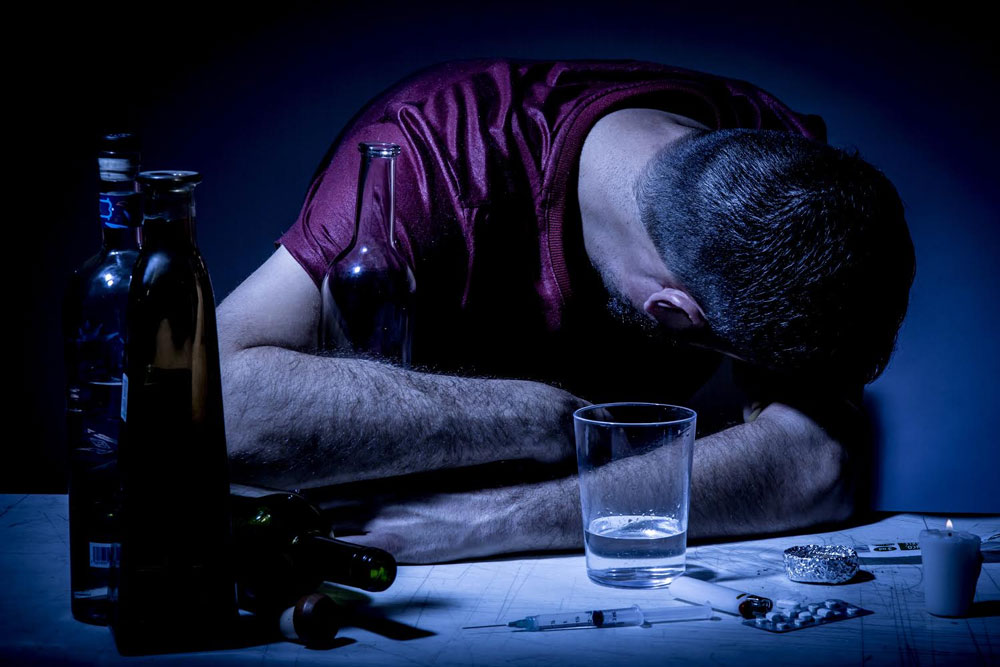SUBSTANCE ABUSE TREATMENT

SIGNS OF Reliance
- Is Drug or Alcohol affect their personal relationships? (Wife, Kids Family)
- Have you noticed a lack of drive or initiative to succeed or to want more out of life?
- Has this person ever had partial hospitalization due to their substance abuse?
- Has drugs or alcohol ever caused any legal issues?
- Does this person have a hard time having fun or enjoying life without the use of drugs or alcohol?
- Have others expressed concerns about this person’s drug or alcohol use?
- Does this person get violent when they become over-intoxicated?
- Has this person ever tried to quit drinking or using drugs but failed?
Reliance INTERACTION DISORDER
WHY MEDICAL RELIEF?
- Anxiety.
- Muscle, joint, and bone pain.
- Depression.
- Vomiting
- Diarrhea.
- Flu symptoms including – sneezing, coughing, chills, and runny nose.
- Insomnia.
THE NLM STATES THERE ARE A NUMBER OF DETOX MEDICATIONS FOR OPIATES, INCLUDING:
Methadone – is a powerful agonist that can be prescribed for short periods of time. This medication will allow you to live your daily life, such as going to work or school. This drug is usually the best solution for Opiate treatment for someone who has been addicted to opiates for multiple years.
Buprenorphine – An opioid agonist-antagonist that creates a ceiling effect that helps prevent and protect users from overdosing or abusing opiates. This medication typically works best for users with less severe dependence that those in need of Methadone but still need to stay clean and away from opiate abuse.
Clonidine – An anti-hypertensive drug that can help treat opioid withdrawal symptoms. This drug is usually most useful for people who have become addicted to opiates through a doctor’s care.
HOW DO I START THE PROCESS OF SUBSTANCE ABUSE TREATMENT?
FAMILY ENGAGEMENT
DURING A PATIENT’S SUBSTANCE ABUSE TREATMENT PROGRAM
behaviors and traits that they can adjust to break the cycle.
- helping an addict seek assistance for his or her own problem
- addressing a loved one’s drug or alcohol reliance
- building family through the reliance therapy process
- supporting yourself and your loved one through the recovery process
These programs support friends and family during and after the substance abuse treatment program. They are essential for family involvement.
